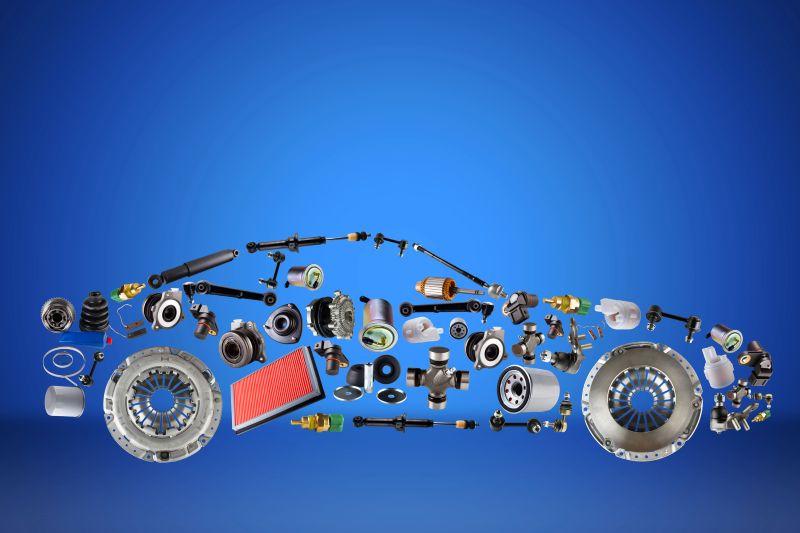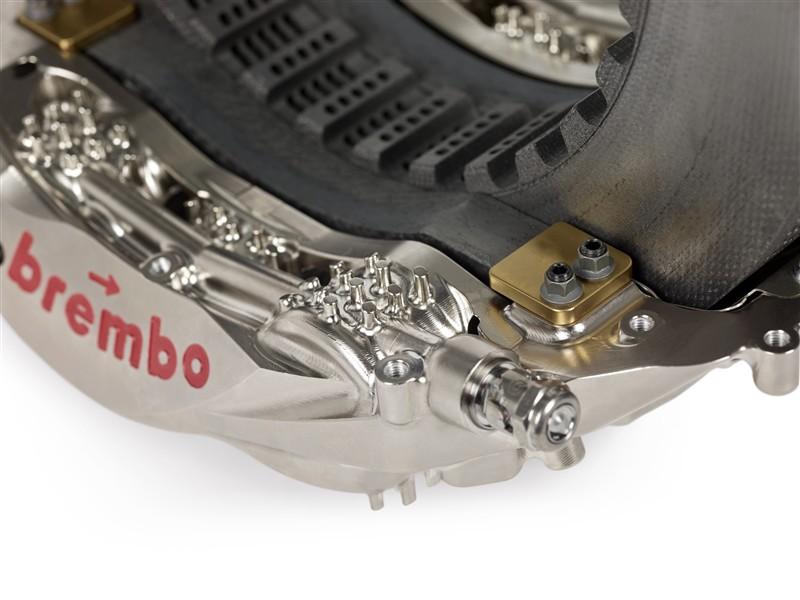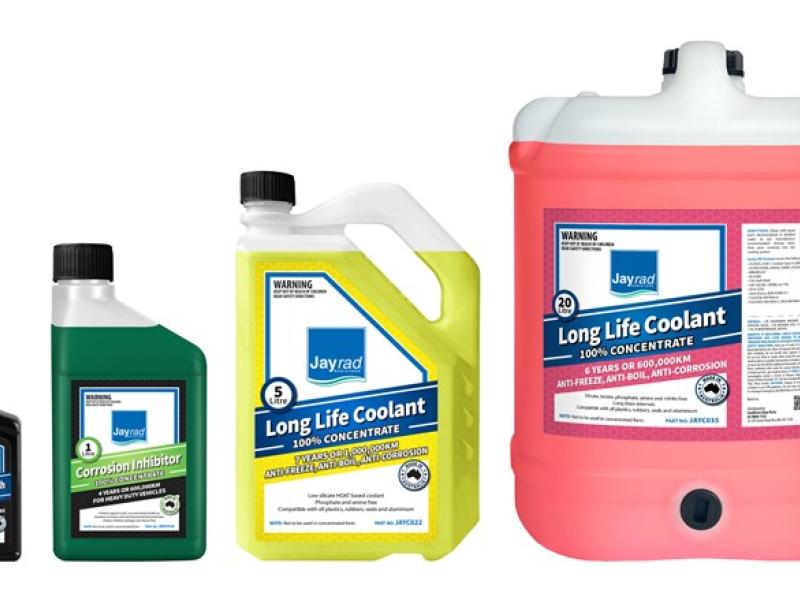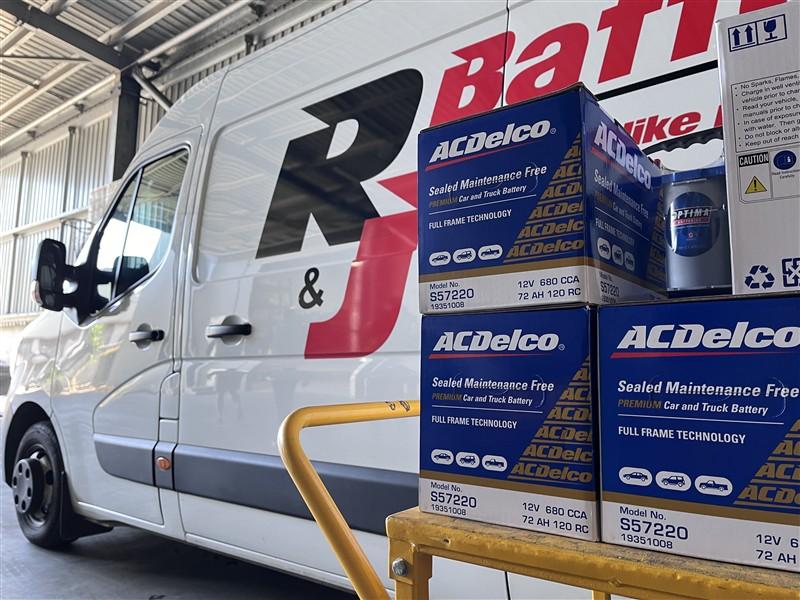Choosing parts for servicing is often a reflex action based around supplier familiarity and delivery performance and the workshops previous experience. Price, availability, delivery time and quality all form part of the equation for the workshop owner.
The vehicle owner has less insight into these decisions – most won’t even want to know, as their main concern is that the parts work correctly and the price is fair. However, getting the decision wrong can have some fairly major repercussions on client satisfaction and the ”word of mouth” your business relies on the retain and grow your customer base.
In this day and age apart from just person-to-person “word of mouth” customers can spread a good or bad word widely using social media and via feedback sites such as No Cowboys. Part of the challenge is that customers are much more likely to spread bad experiences, while average everyday experiences don’t garner much feedback. Remember that most areas have multiple workshops for customers to choose from, for instance within walking distance of me there are four general repair workshops and three specialist repairers.
One potential pain point for customers you might want to avoid is the consumables charge on an invoice, yes you do use them but the cost in invoices is usually overstated and it can lead to arguments, better to build it into your hourly rate. As an aside, I was Operations Manager for a large car leasing company many years ago and we just simply refused to pay this unless the workshop could justify a particular item such as brake cleaner – we returned countless invoices for credits!
The newer the vehicle the higher the quality of parts the customer will expect. If you work on lower cost vehicles or in an area where incomes are more limited value for money becomes more important – but not at the cost of potential failure or rework, which will not only cost you money but will lose you that important positive feedback.
This is even more important for parts where failure might cause significant damage or safety risk (think timing belts/chains, brake or suspension parts or filters), or where there is significant time involved in the replacement for any rework required such as clutches or internal engine parts.
For newer vehicles, official parts from the manufacturer are likely to be the go-to – retains warranty and keeps the vehicle as it was when bought, as the vehicle ages OE parts from the large parts companies that supply the car manufacturers provide a lower cost option of comparable quantity to the original part.
The supplier you get these parts from is also important both in terms of delivery (stock availability and delivery speed) but also that they will have your back with warranty claims which Joe's Spares down the road might not!
In some cases second hand parts may also be an option – these are after all the parts originally fitted to the vehicle and especially on an older vehicle are an economic repair option for non-high wear parts.
Just consider what it might mean to your carefully cultivated reputation if you make a poor decision around parts supply to save a few bucks!






